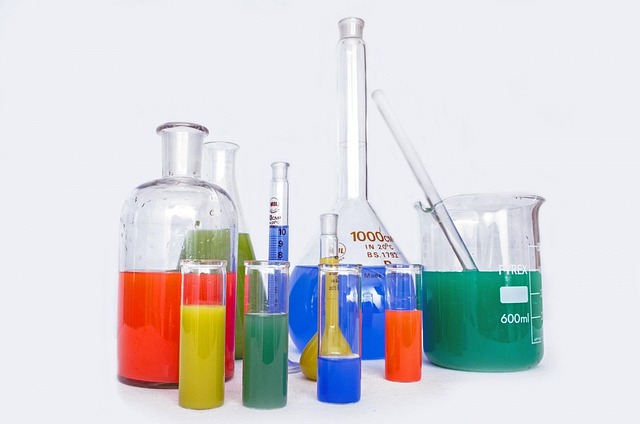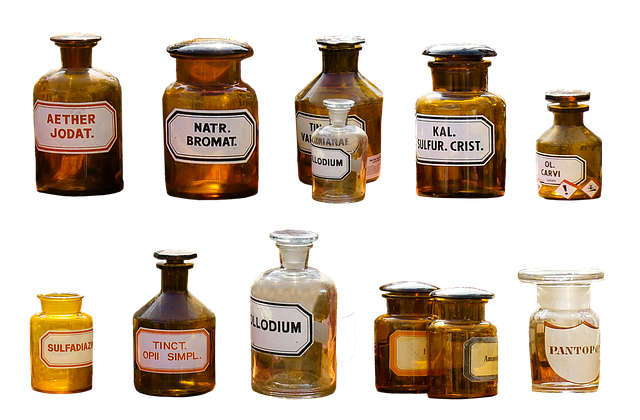
Reagents in Chemistry
When diving into the world of chemistry, one cannot escape the essential role of reagents. These unsung heroes of the lab are like the sidekicks in a superhero movie—always there, often overlooked, but crucial for getting the job done. So, what exactly are reagents? Let’s break it down.
What is a Reagent?
A reagent is essentially a compound or mixture that you add to a system to initiate or test a chemical reaction. Think of it as the spark that ignites the fire. Without it, the reaction might just sit there, twiddling its thumbs. In scientific terms, reagents can also determine the presence or absence of specific substances by triggering reactions when they bind with other chemicals. It’s like a chemical handshake that leads to a party of transformations!
Types of Reagents
Reagents come in various types, each with its own unique superpower. Here are a few noteworthy mentions:
- Grignard Reagent: Not to be confused with a fancy cocktail, this reagent is used in organic chemistry to form carbon-carbon bonds. It’s the life of the party when it comes to synthesizing complex molecules.
- Tollens’ Reagent: This reagent is famous for its ability to test for aldehydes. If you ever want to impress your friends with a silver mirror reaction, this is the one to use!
- Fehling’s Reagent: Another classic for detecting reducing sugars. It’s like a detective for carbohydrates, turning from blue to brick-red when it finds its target.
- Collins Reagent: A lesser-known but valuable reagent, it’s used for selective oxidation reactions. It’s the quiet achiever of the reagent world.
How Reagents Work
Now that we have a grasp on what reagents are and their types, let’s talk about how they work. When a reagent is added to a reaction mixture, it interacts with the reactants. This interaction can lead to the formation of new products. However, it’s important to note that when a limiting reagent is fully consumed, the reaction halts. It’s like a game of musical chairs, where the music stops when the last chair (or reagent) is taken!
The Importance of Reagents
Reagents are crucial in both academic and industrial chemistry. They help chemists synthesize new compounds, test for the presence of substances, and understand chemical properties. Without them, we’d be stuck in a world of unreacted chemicals, much like a party without a DJ—awkward and silent.
Conclusion
In summary, reagents are the backbone of chemical reactions, making them indispensable in the field of chemistry. Whether you’re a budding chemist or just someone who enjoys a good science experiment, understanding reagents can elevate your appreciation for the wonders of chemistry. So next time you hear the word “reagent,” remember the vital role it plays in the dance of molecules! 💃

















 Liver Enzymes
Liver Enzymes 
 Health
Health  Fitness
Fitness  Lifestyle
Lifestyle  Tech
Tech  Travel
Travel  Food
Food  Education
Education  Parenting
Parenting  Career & Work
Career & Work  Hobbies
Hobbies  Wellness
Wellness  Beauty
Beauty  Cars
Cars  Art
Art  Science
Science  Culture
Culture  Books
Books  Music
Music  Movies
Movies  Gaming
Gaming  Sports
Sports  Nature
Nature  Home & Garden
Home & Garden  Business & Finance
Business & Finance  Relationships
Relationships  Pets
Pets  Shopping
Shopping  Mindset & Inspiration
Mindset & Inspiration  Environment
Environment  Gadgets
Gadgets  Politics
Politics 